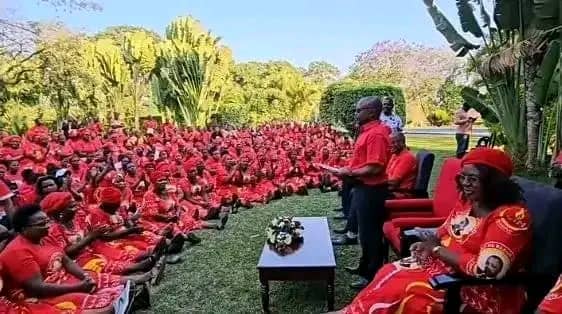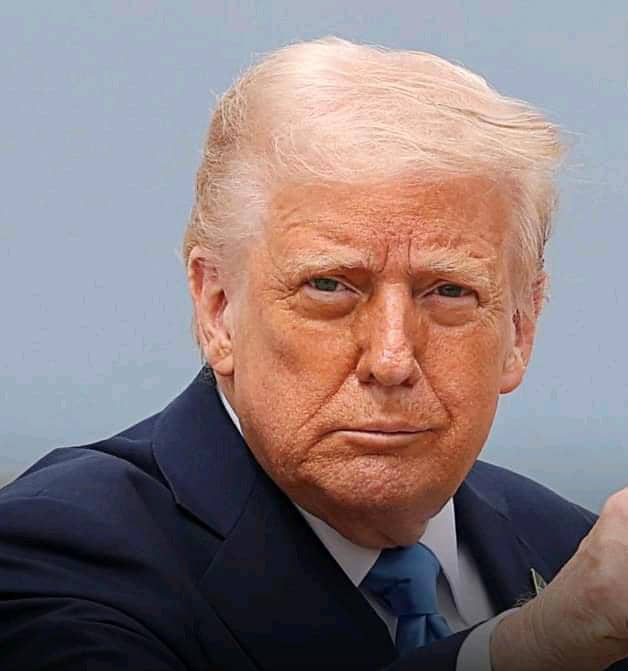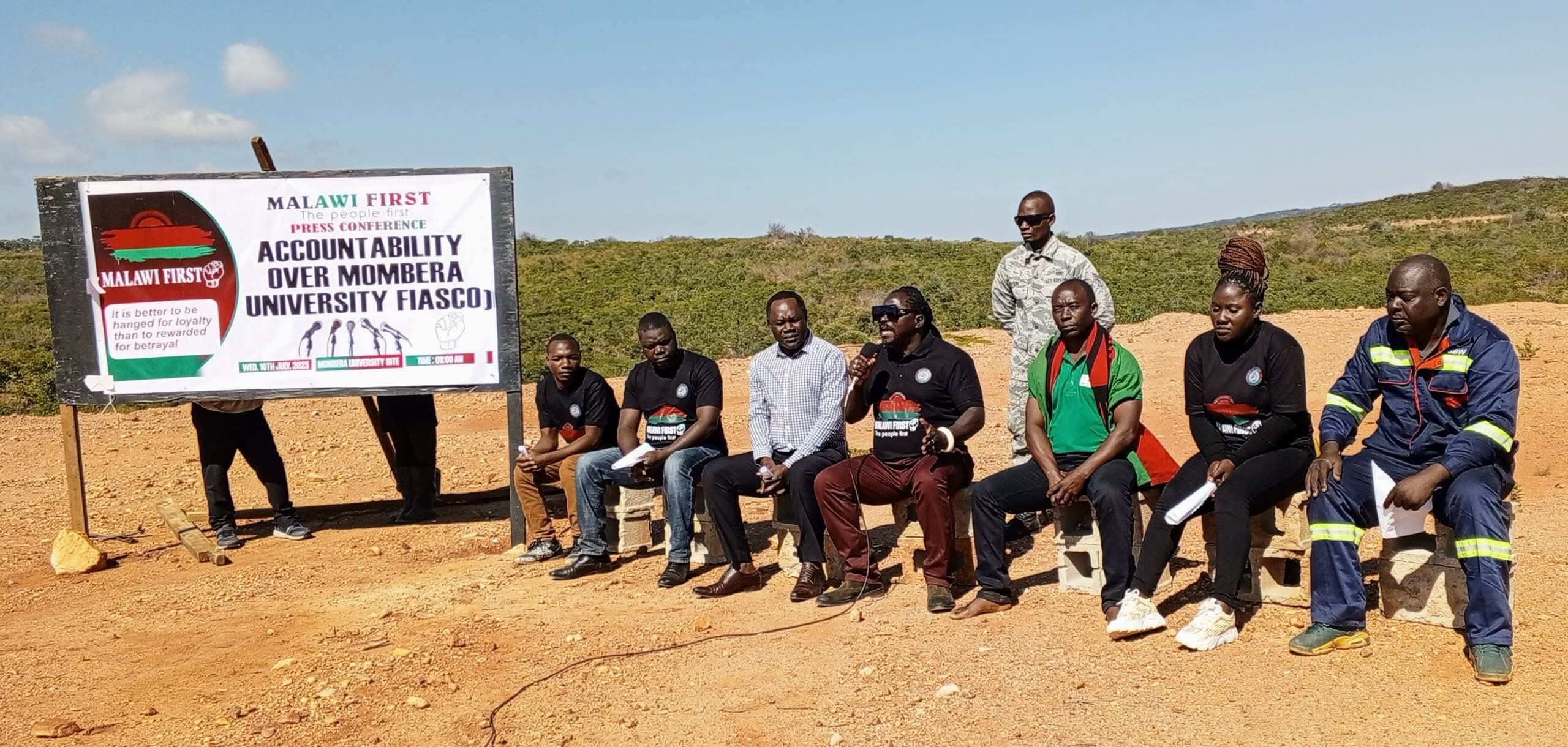By Burnett Munthali
The United Transformation Movement (UTM) in Malawi has been gaining significant traction, particularly among women, raising questions about its demographic representation. A recent discussion has emerged regarding the apparent underrepresentation of men within the party, prompting inquiries into whether UTM is becoming an exclusive platform for women.
The leadership of UTM, under the guidance of Vice President Saulos Chilima, has been marked by a commitment to inclusivity and empowerment. This emphasis has resonated strongly with women, leading to increased participation and representation within the party’s ranks. Women in UTM have taken on key roles, advocating for issues that directly affect their lives and communities, and driving initiatives aimed at gender equality.
However, the growing prominence of women in the party has led to a perception that men are becoming sidelined. Critics argue that the focus on empowering women may inadvertently alienate male supporters, leading to a lack of visible male leadership within UTM. This has sparked a debate about the role of men in political movements focused on gender empowerment.
Some argue that men should actively engage in the political discourse rather than stepping back. The question arises: Are men simply choosing not to participate in UTM and other movements focused on women’s empowerment? Or is there a deeper societal issue at play, where traditional gender roles inhibit men’s involvement in progressive political discussions?
It is essential to recognize that men also have a role to play in promoting gender equality. Rather than seeing UTM as a movement exclusive to women, men can contribute positively by supporting women’s initiatives and advocating for shared leadership. By doing so, they can help create a more balanced and inclusive political landscape.
Furthermore, the discussion highlights the need for ongoing dialogue within political parties about the importance of diverse representation. The engagement of men in UTM could enhance the party’s ability to address a wider range of issues and perspectives, ultimately strengthening its platform.
In conclusion, while UTM has become a powerful force for women in Malawi, it is crucial to encourage men’s active participation in the movement. Rather than viewing UTM as a space solely for women, both men and women can work together to foster an inclusive political environment that benefits all Malawians. The call to action is clear: everyone, regardless of gender, should play a role in shaping the future of Malawi’s political landscape.




